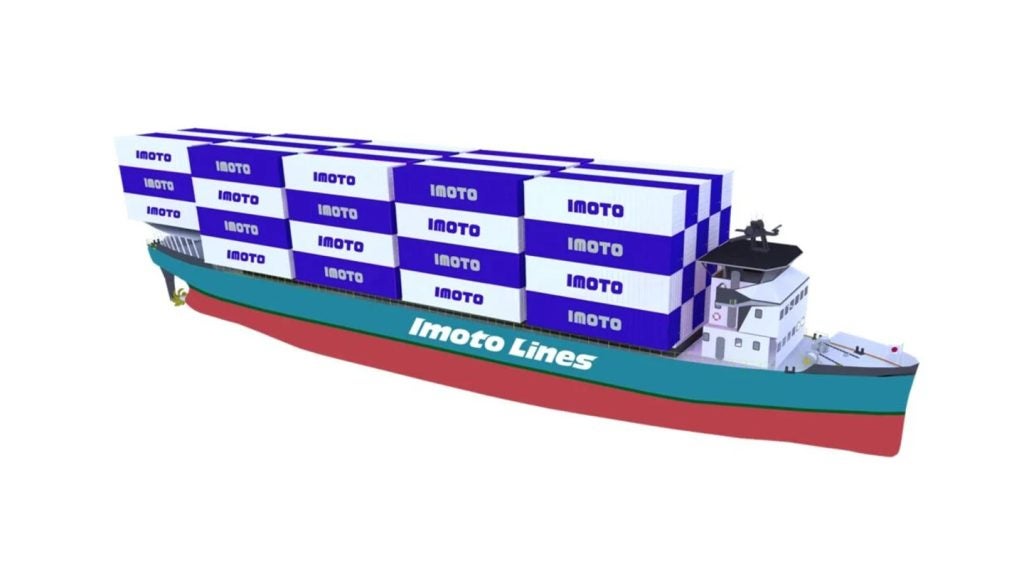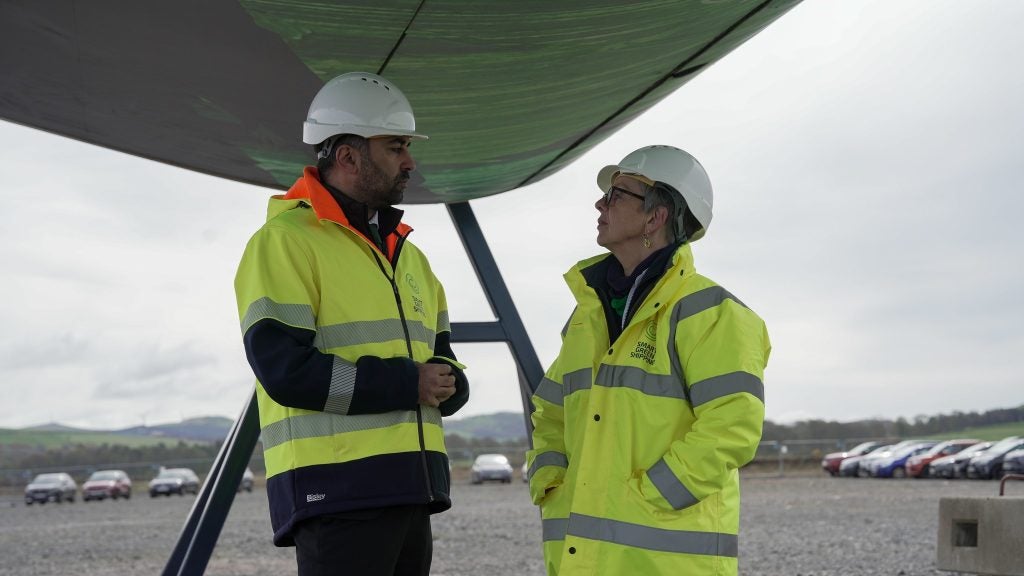
Norway-based Teco 2030 and US-based Chart Industries have signed a memorandum of understanding (MoU) to mutually develop marine carbon capture and storage (CCS) solutions for vessels.
Under the three-year agreement, the companies will use the Cryogenic Carbon Capture (CCC) technology for developing onboard carbon capture solutions for ships.
The CCC technology has been developed by Sustainable Energy Solutions, which was taken over by Chart last December.
It will help in isolating the carbon emissions from the ships’ exhaust gases, which will produce pure liquid CO₂.
This collected liquid carbon is then stockpiled onboard cryogenic storage tanks until the vessel reaches port.
Thereafter, the carbon can either be stored permanently under the ground in geological formations or utilised in carbon-consuming industries.
How well do you really know your competitors?
Access the most comprehensive Company Profiles on the market, powered by GlobalData. Save hours of research. Gain competitive edge.

Thank you!
Your download email will arrive shortly
Not ready to buy yet? Download a free sample
We are confident about the unique quality of our Company Profiles. However, we want you to make the most beneficial decision for your business, so we offer a free sample that you can download by submitting the below form
By GlobalDataThe new carbon capture solution is expected to be available as part of the Teco 2030 Future Funnel, an exhaust gas cleaning system for vessels.
The process of CCS involves collecting emitted carbon and transporting it to a storage site, stopping it from entering the atmosphere.
This process is challenging, as storing carbon onboard vessels requires a lot of space.
Each tonne of fossil fuel used by vessels can produce nearly three tonnes of CO₂ emissions.
Chart Industries CEO and president Jill Evanko said: “The solutions that are developed will help enable the shipping industry to reach the greenhouse gas emissions goals for 2030 and 2050 set forth by the International Maritime Organisation.”
Furthermore, Teco 2030 is working on the development of hydrogen fuel cells for the maritime sector.
These cells will allow the vessels to become emission-free by switching from fossil fuels to green hydrogen.






